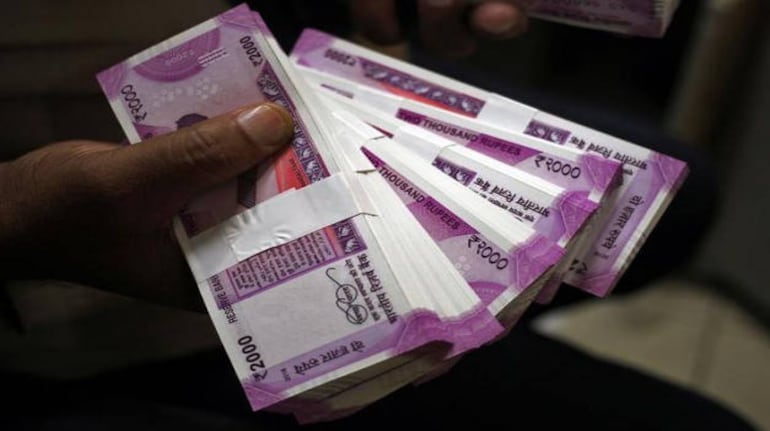



Bank Fixed deposits (FDs) have product features conducive for the common man – steady interest flows, virtually minimum risk and hassle-free operations. Many FDs with banks are in joint names, i.e., jointly with spouse or siblings or parents and they also have nominees. Hence, all risks are mitigated in the operational functionality of the financial instrument, from the account holder’s perspective. Also, the account holder has a savings/ current account with the same bank, so the comfort level is also high.
The FD account holder has the following options: Self as Sole Operator/ Either or Survivor/ Former or Survivor/ Anyone Survivor/ Power of Attorney/Jointly/ Minor Account operated by Guardian. Kindly note that the above available options relate to account operations followed during account closure as well.
Practical operational aspectsLet’s say one of the Joint FD holders is hospitalized and is admitted to ICU care. To finance/ part-finance the medical costs, the family would need to prematurely withdraw the FDs and utilise the funds. Is this possible?
Penal interest as applicable needs to be deducted. For doing so, the bank would require the customer to discharge the certificate or the customer may take a loan to circumvent premature withdrawal.
In the above scenario of hospitalization of a Joint holder, if the FD is jointly held with any of the above operating instructions (except Self as Sole Operator), the joint holder is debarred from discharging the certificate or even availing an Overdraft facility. So, withdrawing the funds to finance the medical expenses may become difficult.
These rules would be applicable when one of the Joint Holders goes into COMA or is in a vegetative state.
Therefore, a situation of possible premature withdrawal needs to be factored in while investing in an FD and, accordingly, instructions must be given on the FD Form.
So, what must fixed deposit holders do?All fixed deposit holders must consider modifying their existing operating instructions to ‘Anyone of the Joint holders.’ This means, whether it is premature withdrawal or on maturity, any of the Joint holder can sign and discharge the certificate. This also enables them to pledge the FD Certificate and raise funds to meet emergencies.
It is pertinent to analyse why FD holders largely mention ‘Either or Survivor.’ This is because they have presumed that one of them will predecease the other. But it may so happen that one or both the Joint holders could land up in a state of comatose/ coma where they are not technically dead.
Presuming that FDs are kept till maturity and such scenarios do not arise and even if they arise, the family addresses funding from some other sources, still unclaimed deposits with the banking sector are alarmingly high and on the rise. The RBI has advised banks to display the list of unclaimed deposits that are inactive for at least 10 years on their respective web sites. The list must contain the names of the account holders and their addresses so that it becomes easier for claimants to access the deposits.
(The writer is Founder & Initiator – Inheritance Needs Services)Discover the latest Business News, Sensex, and Nifty updates. Obtain Personal Finance insights, tax queries, and expert opinions on Moneycontrol or download the Moneycontrol App to stay updated!
Find the best of Al News in one place, specially curated for you every weekend.
Stay on top of the latest tech trends and biggest startup news.